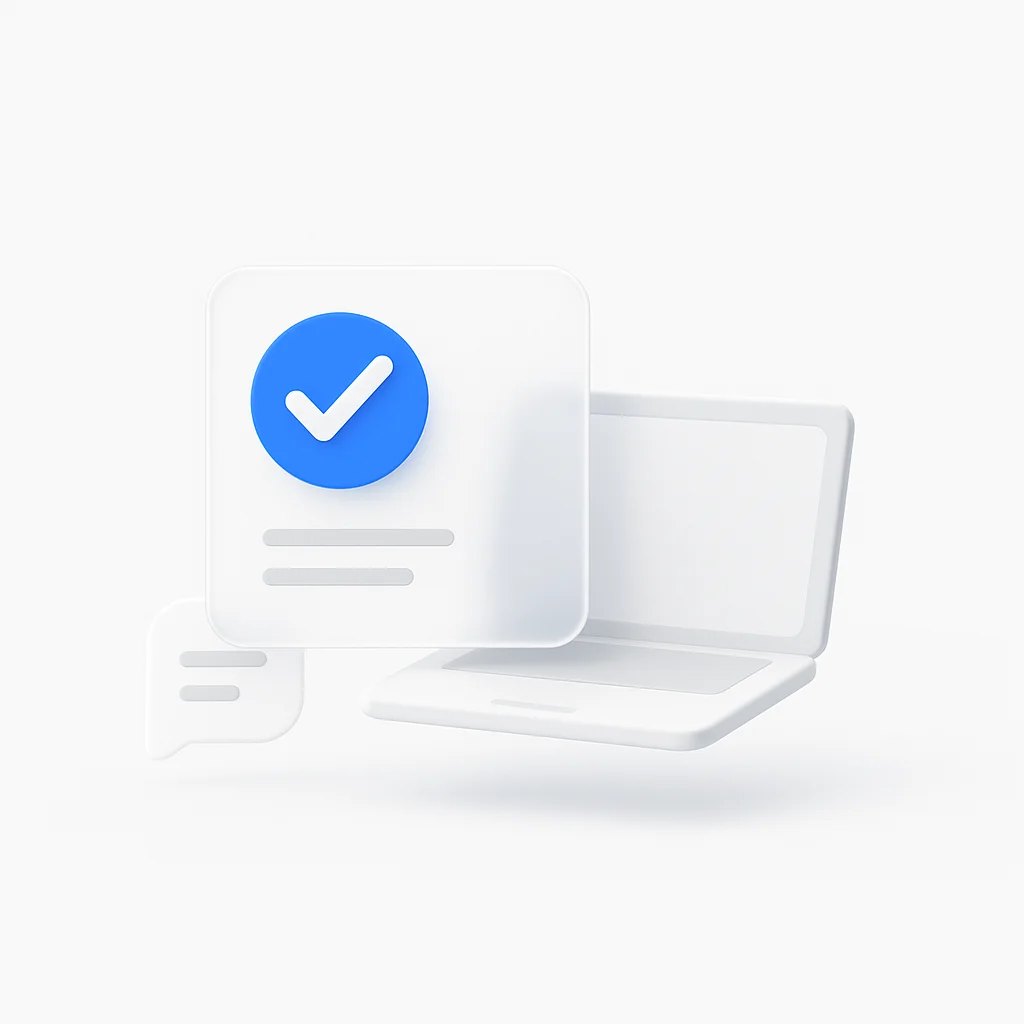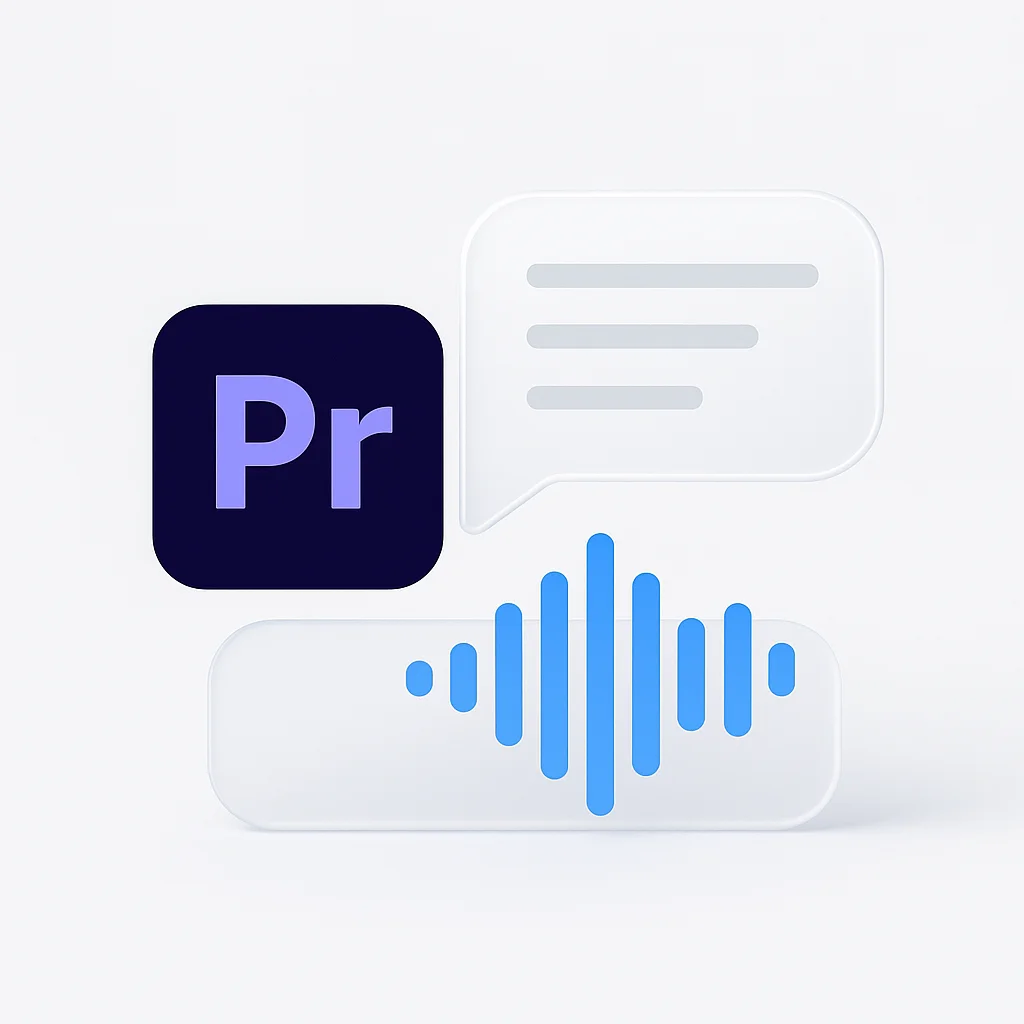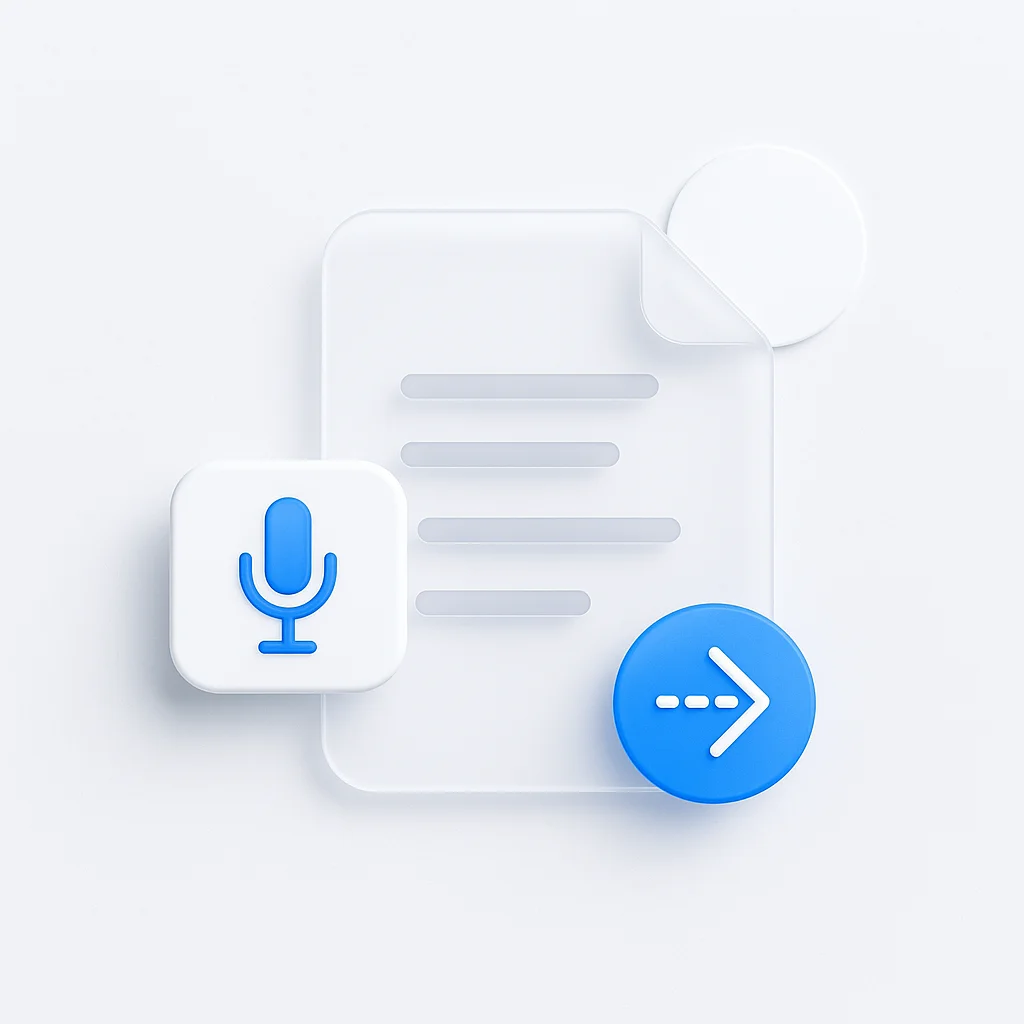In the rapidly evolving world of sales, the term “remote closer” is gaining significant traction. But what exactly is this role, and why is it becoming one of the most sought-after positions in the digital economy? If you’re looking for a flexible, high-income career that you can do from anywhere, understanding the world of remote closing is your first step.
This article breaks down everything you need to know about being a remote closer in 2025. We’ll cover what the job entails, the skills you need to succeed, potential earnings, and a clear path to starting your own career.
What Is a Remote Closer?
A remote closer is a specialized sales professional who finalizes transactions—or “closes deals”—entirely online. Unlike traditional salespeople who might meet clients in person, a remote closer uses digital communication tools like phone calls, video conferences, and emails to connect with pre-qualified prospects and guide them to a final purchasing decision.
They are the final touchpoint in the sales funnel, responsible for converting warm leads into paying customers. This role is less about cold calling and more about strategic conversation and building trust with prospects who have already shown interest in a product or service.
What Does a Remote Closer Do?
The day-to-day responsibilities of a remote closer are focused and results-oriented. While tasks can vary based on the industry, the core duties remain consistent:
- Engaging Warm Leads: They connect with potential customers who have been qualified by other parts of the sales team, such as appointment setters.
- Conducting Sales Calls: The primary activity is holding one-on-one video or phone calls to understand the prospect’s needs and pain points.
- Presenting Solutions: They clearly articulate how the product or service solves the prospect’s specific problems.
- Handling Objections: They skillfully address any questions, concerns, or hesitations the prospect might have.
- Closing the Sale: The ultimate goal is to guide the prospect to make a purchase and process the transaction.
Essential Skills for a Successful Remote Closer
Success in remote closing requires a unique blend of traditional sales skills and digital fluency.
- Exceptional Communication: You need to be a clear, confident, and persuasive communicator, capable of building rapport quickly without face-to-face interaction.
- Active Listening: Top closers listen more than they talk. Understanding a prospect’s true needs is key to presenting a compelling solution.
- Resilience and Persistence: Not every call ends in a sale. The ability to handle rejection and stay motivated is crucial.
- Tech-Savviness: Comfort with CRM software, video conferencing tools, and other digital communication platforms is a must.
- Self-Discipline: Working remotely requires strong time management and the ability to work effectively without direct supervision.
- Continuous Improvement: The best closers are always refining their process. They analyze their sales calls to understand what works and what doesn’t.
A Note on Performance Improvement
To accelerate your skills, it’s vital to review your own sales calls. Tools like ScreenApp allow you to record, transcribe, and analyze your conversations. By using an AI Note Taker, you can quickly identify key moments, analyze your talk-to-listen ratio, and pinpoint areas for improvement without spending hours re-watching calls. To help with this, you can use a sales call analysis template to structure your analysis. You can also use an AI call summarizer to get a quick overview of your calls, and Recall AI to help you remember key details from your conversations.
How Much Do Remote Closers Make?
Income is a major draw for this career path. Most remote closer positions are commission-based, meaning your earnings are directly tied to your performance.
According to data from July 2025, the average remote sales closer in the U.S. earns around $112,891 per year. Entry-level positions may start lower, but top-tier closers working with high-ticket offers (products or services costing thousands of dollars) can earn well over $200,000 annually.
How to Become a Remote Closer in 4 Steps
Breaking into this field is achievable with a strategic approach.
Step 1: Master the Fundamentals of Sales
If you’re new to sales, start by learning the core principles of persuasion, negotiation, and human psychology. There are countless books, online courses, and free resources available.
Step 2: Develop Your Closing Skills
Focus on learning specific closing techniques and objection-handling frameworks. Practice with role-playing exercises until you feel confident in your ability to guide a conversation to a close.
Step 3: Gain Experience
You don’t need to start with a high-ticket offer. Consider taking a commission-only sales role for a lower-priced product to build your track record and gain real-world experience. This proves your ability and builds confidence.
Step 4: Build Your Personal Brand and Network
Create a professional online presence on platforms like LinkedIn. Network with other sales professionals, join relevant online communities, and start connecting with companies that hire remote closers.
Where to Find Remote Closing Jobs
Once you have the skills and some experience, you can find remote closing positions on various platforms:
- General Job Boards: Indeed, ZipRecruiter, and LinkedIn are excellent starting points. Use keywords like “remote closer,” “sales closer,” and “remote sales.”
- Niche Communities: Look for Facebook Groups and online forums dedicated to remote sales and high-ticket closing.
- Direct Outreach: Identify companies in industries known for using remote closers (like online education, coaching, and SaaS) and reach out to them directly.
FAQ: Frequently Asked Questions about Remote Closing
What is the difference between a remote closer and a salesperson?
A remote closer is a type of salesperson, but they specialize in the final stage of the sales process with pre-qualified leads. A general salesperson might be involved in all stages, including prospecting and lead generation.
Do you need a degree to be a remote closer?
No, a degree is not typically required. Companies are far more interested in your skills, your track record, and your ability to generate results than your formal education.
Is remote closing a legitimate career?
Absolutely. It is a well-established and increasingly vital role in many industries. As more businesses move online, the demand for skilled remote closers continues to grow.
How long does it take to become a remote closer?
This depends on your starting point. If you have a background in sales, you could transition in a matter of weeks. If you are completely new, expect to spend 3-6 months learning the skills and gaining initial experience before landing a high-quality role.



